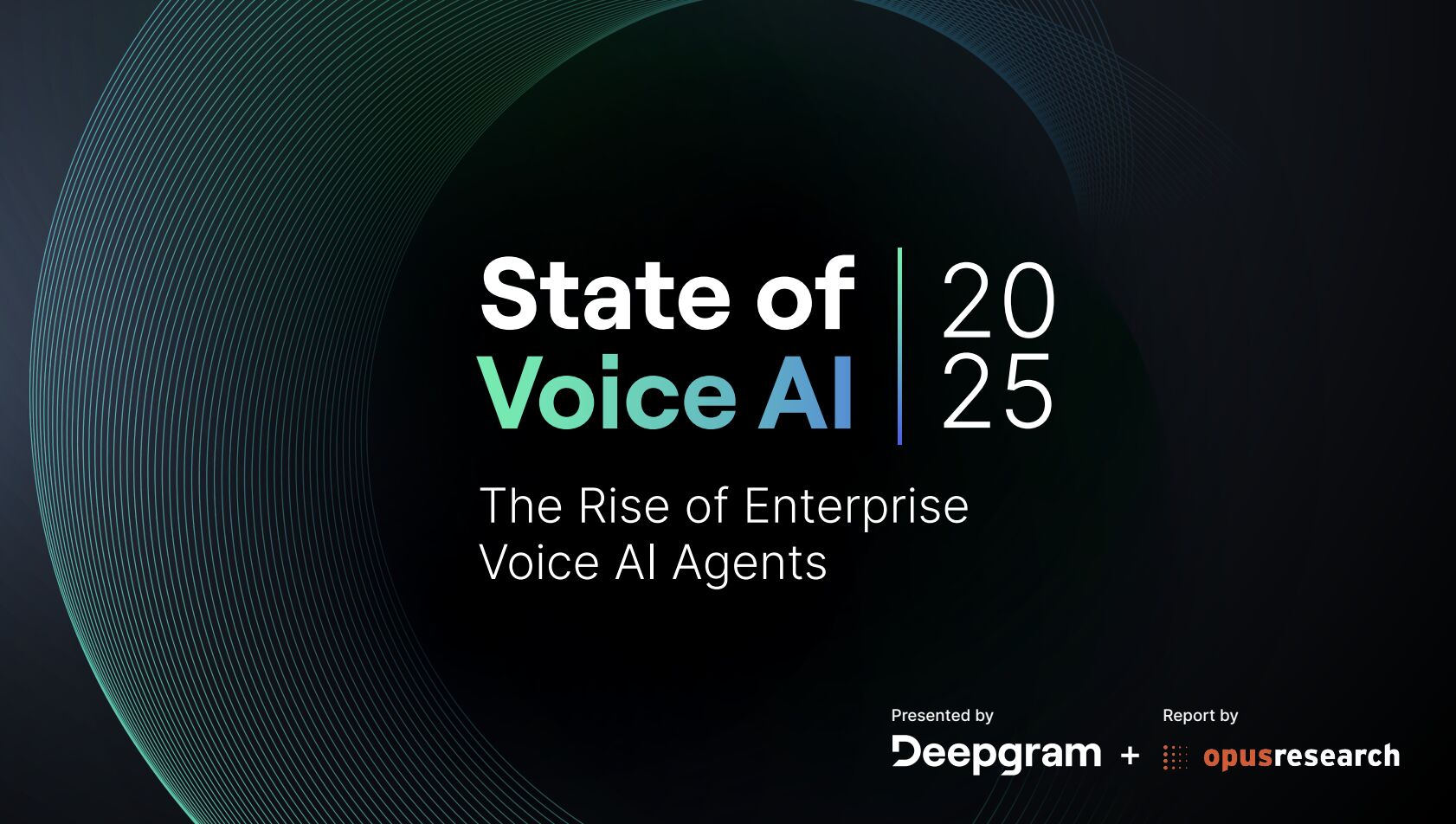Strategic Response to Medicaid Per-Capita Caps: Leveraging AI for Sustainable Healthcare Delivery

Introduction: Navigating the Challenges of Medicaid Per-Capita Caps
The proposed implementation of per-capita caps in Medicaid funding represents a significant shift in the federal-state partnership that underpins the program. Under this model, federal spending would be limited to a fixed amount per enrollee, irrespective of actual healthcare costs incurred. This change poses substantial challenges for states, particularly in managing budgetary constraints while striving to meet the healthcare needs of vulnerable populations.
The Urban Institute estimates that imposing per-capita caps on the Medicaid expansion population could result in a reduction of federal contributions by between $230 billion and $250 billion over a decade. Such reductions may compel states to make difficult choices, including cutting services, reducing eligibility, or increasing state expenditures.Urban Institute
In this context, Artificial Intelligence (AI) emerges as a vital tool to enhance efficiency, optimize resource allocation, and maintain the quality of care within constrained budgets. By automating administrative processes, improving eligibility verification, and facilitating data-driven decision-making, AI can help states adapt to the financial realities imposed by per-capita caps.
1: AI-Driven Eligibility Verification and Enrollment Management
Process: AI technologies can streamline eligibility verification processes, ensuring that only eligible individuals are enrolled in Medicaid programs. By automating data cross-referencing with federal and state databases, AI can detect discrepancies, prevent fraud, and reduce administrative burdens.
Product: Thoughtful's Medicaid Eligibility Verification Bot utilizes Robotic Process Automation (RPA) to automatically check patients' Medicaid coverage and determine their eligibility for various services. This automation enhances accuracy and efficiency in eligibility verification.Thoughtful
People: By reducing manual workloads, AI allows caseworkers and administrative staff to focus on more complex tasks and direct patient engagement, thereby improving overall service delivery.
2: Enhancing Administrative Efficiency through AI
Process: AI can optimize administrative workflows by automating routine tasks such as claims processing, prior authorization, and payment controls. This reduces processing times, minimizes errors, and enhances compliance with regulatory requirements.
Product: The Centers for Medicare & Medicaid Services (CMS) have issued requirements related to automation in the Medicare Advantage prior authorization process, highlighting the role of AI in enhancing administrative efficiency. MACPAC
People: Healthcare administrators and financial officers can leverage AI insights to make informed decisions, allocate resources effectively, and ensure compliance with funding limitations imposed by per-capita caps.
3: Real-World Applications and Outcomes
Case Study 1: Geisinger Health System
Geisinger Health System has implemented AI to optimize care for key populations, improving patient access and outcomes while reducing the total cost of care. By leveraging AI, Geisinger enhances its ability to manage resources effectively within budgetary constraints. American Medical Association
Case Study 2: State Medicaid Agencies
State Medicaid agencies are exploring AI to improve administrative processes, including eligibility determinations and reporting. For instance, AI tools can automate the review of applications and renewal forms, enhancing speed and accuracy while reducing the resource burden on staff. Vimo
Conclusion: Embracing AI for Sustainable Medicaid Management
The transition to per-capita caps in Medicaid funding necessitates innovative approaches to maintain service quality and access. AI offers practical solutions to enhance administrative efficiency, ensure accurate eligibility verification, and optimize resource allocation.
By integrating AI technologies, states can mitigate the financial challenges posed by per-capita caps, ensuring that Medicaid continues to serve as a vital safety net for vulnerable populations. Proactive adoption of AI will be instrumental in sustaining Medicaid's mission in a constrained fiscal environment.
Healthcare policymakers and administrators should prioritize the integration of AI solutions to navigate the complexities introduced by per-capita caps. Investing in AI-driven systems will be crucial to maintaining the efficacy and sustainability of Medicaid programs.

No Spam —
Just Good Stuff.
Join our newsletter for actionable advice, insider knowledge, and strategies that drive real results.
No fluff, just value.
.png)
%20(1).png)
From The Blog
Read All Articles
How Hybrid AI Reduces Patient No‑Shows and Burnout in Healthcare Scheduling

How Hybrid AI Voice Bots Improve CX and Agent Efficiency

Hybrid AI That Actually Streamlines Healthcare RCM—From Scheduling to Payment

Hybrid AI for Financial Services: Handling Complex Customer Service Without Losing the Human Touch

How Hybrid AI Reduces Customer Churn in Telecom and Retail

Balancing Compliance, Empathy, and Efficiency: EGS’s Hybrid AI Model in the Real World

Fewer No-Shows, Less Burnout: How Hybrid AI Fixes Healthcare Scheduling

Balancing Compliance, Empathy, and Efficiency: Inside EGS’s Hybrid AI Model

AI-human hybrid quality assurance for supply chain accuracy

AI + Human Inspectors: A Practical Path to Next‑Level Manufacturing QA

How Hybrid AI Reduces Patient No‑Shows and Burnout in Healthcare Scheduling

From Hold Music to Help: How Hybrid AI Voice Bots Elevate CX and Agent Efficiency

How Hybrid AI Reduces Patient No-Shows and Scheduling Burnout

Stop chargebacks and stockouts: AI-human hybrid QA for supply chain accuracy

AI Won't Fix Your Broken Workflows

Hybrid AI-human QA that keeps your supply chain—and schedules—on time

AI-Human Hybrid Support That Elevates Fraud Detection and Compliance

Balancing Compliance, Empathy, and Efficiency: EGS’s Hybrid AI Model Across Regulated Industries

How Hybrid AI Reduces Customer Churn in Telecom and Retail

Hybrid AI-human support that strengthens fraud detection and keeps you audit‑ready

AI-human hybrid quality assurance for supply chain accuracy

Hybrid AI That Keeps Customers From Leaving: Lessons for Telecom and Retail

AI + Human QA: Elevating Quality Assurance in Modern Manufacturing

Hybrid AI That Stops Churn in Telecom and Retail

Balancing Compliance, Empathy, and Efficiency: EGS’s Hybrid AI in the Real World

AI-Human Hybrid Support: Raising the Bar on Fraud Detection and Compliance

How Hybrid AI Reduces Patient No‑Shows and Scheduling Burnout

Stop Stockouts Before They Start: AI‑Human Hybrid QA for Supply Chain Accuracy

Balancing Compliance, Empathy, and Efficiency: EGS’s Hybrid AI Across Industries

Hybrid AI Voice Bots: Better CX, Happier Agents, and Smarter Schedules

Hybrid AI in Banking: Handling Complex Service Without Losing the Human Touch

Hybrid AI for Financial Services: Solving Complex Service Without Losing the Human Touch

How Hybrid AI Reduces Patient No-Shows and Scheduler Burnout

Hybrid AI That Actually Moves the Needle in Healthcare RCM

How AI-Human Collaboration Elevates Quality Assurance on the Factory Floor

Why Nearshore Hybrid BPOs Outperform Offshore Automation Centers

How Hybrid AI Voice Bots Elevate CX and Make Agents Unstoppable

AI‑Human Hybrid Support That Elevates Fraud Detection and Compliance

How Hybrid AI Streamlines Healthcare Revenue Cycle—Without Losing the Human Touch

AI-human hybrid quality assurance for supply chain accuracy

Why Nearshore Hybrid BPOs Outperform Offshore Automation Centers

AI + Human QA on the Line: How Hybrid Teams Raise Manufacturing Quality

Why Nearshore Hybrid BPOs Outperform Offshore Automation Centers

How AI-Human Collaboration Elevates Quality Assurance in Modern Manufacturing

Hybrid AI That Keeps Schedules Full: Reducing Patient No‑Shows and Burnout

Why Nearshore Hybrid BPOs Outperform Offshore Automation Centers

Hybrid AI That Quietly Fixes Healthcare RCM—Starting With the Schedule

How AI-Human Collaboration Raises the Bar on Manufacturing Quality Assurance

How Hybrid AI Tackles the Toughest Banking Service Moments

AI + Human QA: How Hybrid Teams Catch Defects Early and Strengthen Audits

How Hybrid AI Cuts Churn in Telecom and Retail—Without Losing the Human Touch

Hybrid AI for Financial Services: Faster Resolution, Stronger Compliance, Human-Centered Support

Hybrid AI That Fills Schedules and Eases Burnout: Reducing Patient No-Shows in Healthcare

Hybrid AI-human support that strengthens fraud detection and compliance—without breaking customer trust

AI + Humans: Elevating Quality Assurance on the Factory Floor

AI-human hybrid quality assurance for supply chain accuracy

Hybrid AI That Keeps Schedules Full—and Clinicians Fresh

AI-Human Hybrid Support: Stronger Fraud Detection and Compliance at the Contact Center

Why Nearshore Hybrid BPOs Outperform Offshore Automation Centers

From Empty Slots to Full Days: Hybrid AI Scheduling That Reduces Burnout

From No‑Shows to Full Days: Hybrid AI That Fixes Provider Schedules Without Burning Out Staff

From Empty Slots to Full Schedules: Hybrid AI That Boosts Access and Reduces Burnout

Stop the Scheduling Spiral: Hybrid AI That Fills Schedules Without Burning Out Providers

Stop Empty Slots from Fueling Burnout: Hybrid AI-Human Scheduling for Health Systems

From Empty Slots to Full Days: Hybrid AI Scheduling for Health Systems

From Hold Music to Full Schedules: Hybrid AI That Lifts Provider Productivity Without Burning Out Staff

Stop the Scheduling Whiplash: Hybrid AI That Fills Last‑Minute Openings Without Burning Out Your Staff
.png)
Stop the Scheduling Spiral: How Hybrid AI Keeps Providers Productive and Patients Seen
.png)
AI & Financial Services: Where Compliance Meets Conversation

E-commerce's Hybrid AI Advantages: From Order Status to Complicated Returns
.png)























.png)


.png)
.png)
.png)